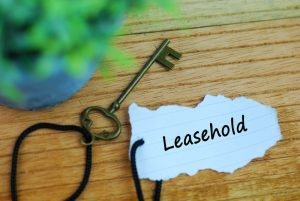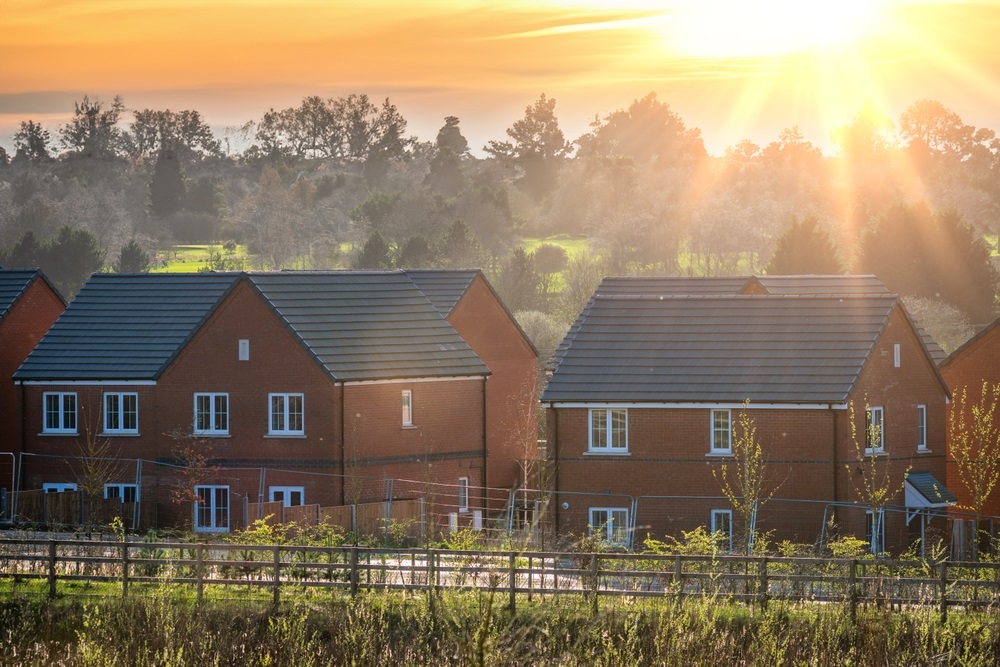Extending your lease will improve the chances of getting a mortgage on your property and make it easier to sell. Guy Osborn takes you through each step of the process
 One of the issues of owning a leasehold flat is, at some point, you may need to extend your lease.
One of the issues of owning a leasehold flat is, at some point, you may need to extend your lease.
If your lease is getting short – anything between 80 and 90 years is considered ‘short’ – you have a legal right to extend it. This guide explains why your lease might need extending, how to do it, and what it might cost.
Why do I need to extend my lease?
There are 4.5 million leasehold homes in England, and it’s the most common way of owning a flat.
Owning the leasehold gives you the right to live in the flat for a set number of years, after which the ownership of the flat will fall back to the landlord.
Mortgage companies get very nervous about short leases so when a lease slips under 90 years or so, you will find your flat is much more difficult to mortgage and sell. This is when you may need to think about extending your lease.
Can I extend my lease?
If you have owned your flat for at least two years, you are legally entitled to an extension. The relevant legislation is the Leasehold Reform, Housing and Urban Development Act 1993.
This act enforces a leaseholder’s right to add 90 years to the lease term and reduce their ground rent to nil as long as the set procedure under the act is followed – meaning the freeholder cannot say no.
If you have owned the flat for less than two years, then you can always talk to the landlord informally about adding an extension. You just won’t be able to use the statutory procedure until the two years have passed.
How much will it cost to extend my lease?
You will have to pay a price or ‘premium’ for the lease extension. The premium is based on a set formula that takes into account:
- The value of the property
- The number of years left on the lease
- The annual ground rent
- The value of improvements leaseholders have made to the flat
- Other factors like investment returns
It’s a fairly complex calculation, but a surveyor will take care of this for you. At Osbornes we have a free calculator which you can use to get a rough idea of the cost.
What other costs are payable?
On top of the lease extension price, you also have to pay:
- Your legal fees
- Your surveyor’s fees
- The freeholder’s reasonable legal and surveyor’s fees
- Stamp duty*
- Land Registry fees
*While stamp duty land tax applies to lease extensions, it’s unlikely that you’ll pay it. That’s because the rate is 0% on the first £125,000 of the lease extension premium. The majority of lease extensions come in well below this level of premium.
When should I extend my lease?
Ideally, you should be thinking about an extension when the lease has around 90 years left to run.
Anything under 100 years would usually be flagged as a short lease. But the danger number is 80 years. If the term drops below 80 years – even by just one day – then it becomes much more expensive to extend your lease.
This is because something called ‘marriage value’ kicks in. The marriage value is the increase in the value of the flat once the lease has been extended, which can run to tens of thousands of pounds
What are the steps for extending my lease?
- Instruct a solicitor
- Hire a surveyor with expertise in lease extensions and knowledge of the local market
- Make a formal offer. You do this by serving an official notice which sets out the price and any new terms to be included in the lease. Your solicitor will draft and serve this for you – you will need to sign the notice
- If the landlord asks for a deposit, you’ll need to pay this within 14 days. The deposit is £250 or 10% of the proposed price, whichever is higher
- Negotiate with the freeholder who will come back with a counter offer
- Once everything is agreed – completion and registration at the Land Registry. This is again all organised and handled by your solicitor
I heard about some new rules for lease extensions. Should I wait?
In January 2021, the government announced its intention to overhaul the rules for lease extensions which could allow leaseholders to extend their lease by 990 years without any ground rent. Marriage values would be scrapped potentially wiping thousands from the cost of a lease extension.
Given the reforms, you may be wondering if it’s better to wait before starting your lease extension. The problem is we don’t yet know when the new legislation will come in. It may be months or even years before the changes take place – if ever.
 In the meantime, it will be difficult to sell or remortgage flats that are not extended and your leases continue to run down and become more expensive to extend whilst you wait.
In the meantime, it will be difficult to sell or remortgage flats that are not extended and your leases continue to run down and become more expensive to extend whilst you wait.
If your lease length is falling, you may want to avoid the uncertainty and extend your lease for peace of mind.
Guy Osborn is a partner at Osbornes Law















Yes but I know someone who did what you said had been offered a voluntary extension by the landlord at £32,000 took the solicitor’s advice and served a notice and ended up with a £31,000 premium and over £7,000 in fees!! Surely to approach the landlord first would always be the most sensible first step?
Responding to P Sparks’ comment, Guy said: “Thank you for your comment. In most circumstances we would agree and do recommend that a leaseholder approaches their freeholder first to see if they will extend voluntary (as often the costs involved for a voluntary extension are cheaper). However there is no legal right to extend your lease outside the 1993 Act – and often freeholders will not agree to extend voluntarily. Also when you are negotiating outside of the Act it is helpful to have taken valuation advice and have solicitors involved at this stage as freeholders do not have to agree to extend on the same terms or for the same premium as under the Act and it is important to check that the agreement you come to is fair and reasonable.”